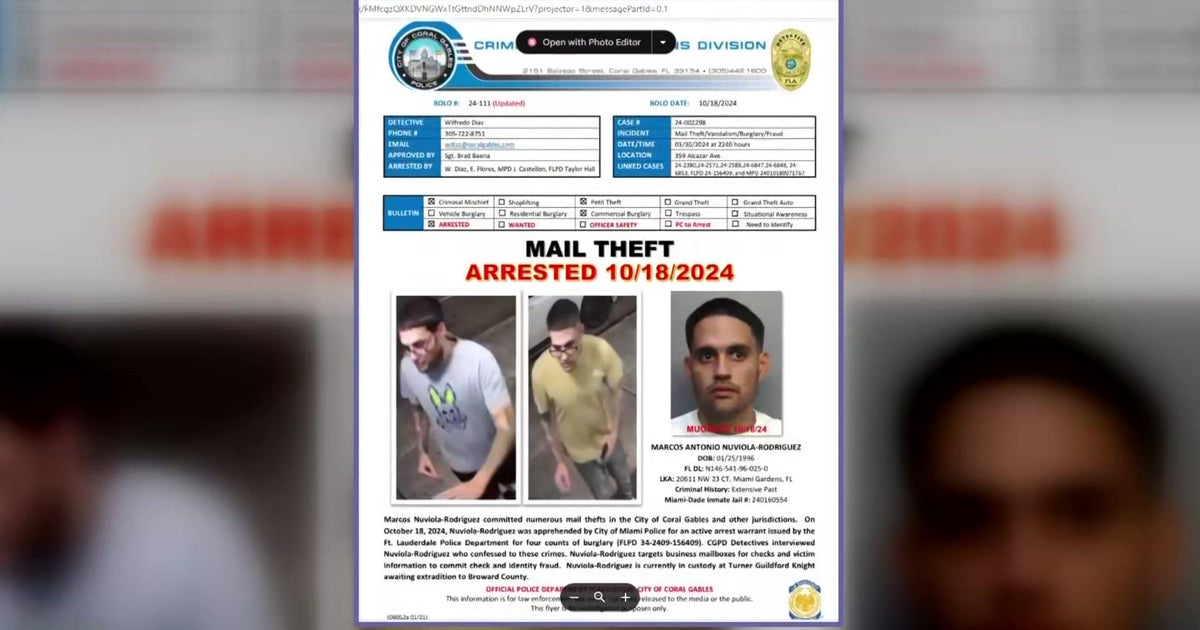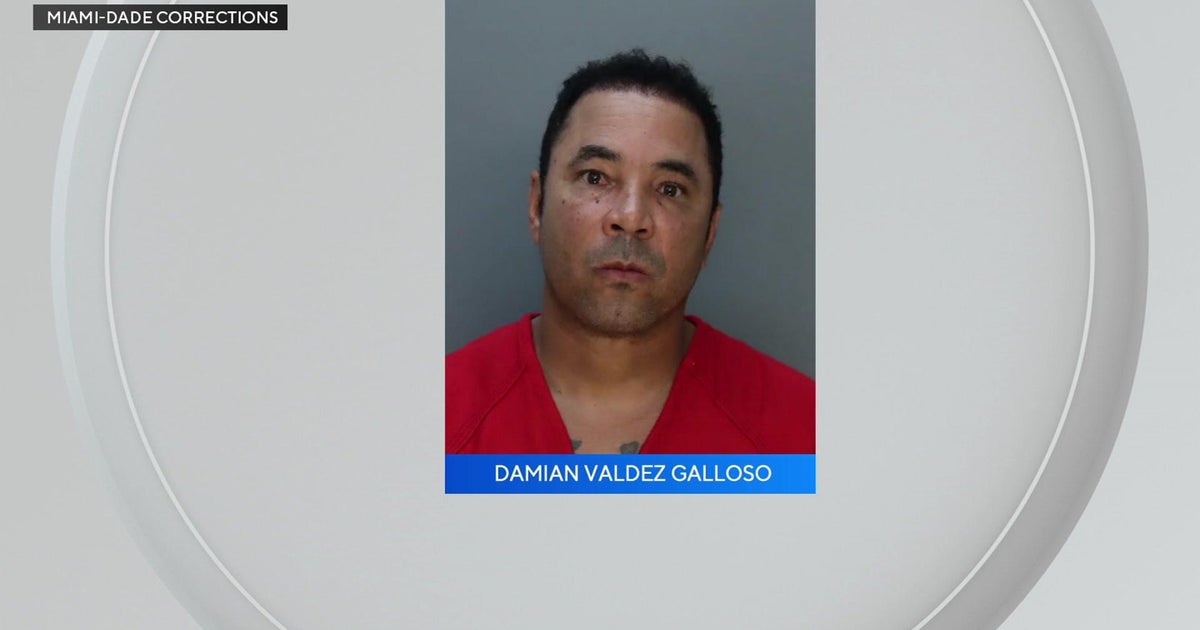Buyer Beware: What you need to know if you use 3rd party sites to purchase event tickets
MIAMI - A South Florida family spent thousands on concert tickets that hit all the wrong chords.
The price soared two months after they paid and booked travel. The seller wanted more than the family could afford.
What happened next left them and experts screaming buyer beware.
Her home theater room is no dark, desert highway, but Ann Kershaw spent several weeks wondering if watching DVD performances of "Hotel California" by Eagles would be the closest she could get to a live show by her favorite rock band.
Last November, Kershaw's brother bought tickets on StubHub for six relatives in three states. The group planned to see the Eagles farewell tour at the Toyota Center in Houston on February 16th. Kershaw's brother celebrated a birthday that weekend. So, the family wanted to make the concert part of a mini-reunion for relatives that have not been together in four years, Kershaw said.
Kershaw's aunt, Ann Haines, is also an Eagles fan. She recently moved to South Florida from England.
Two months after emails from StubHub confirmed the family's $3,095 purchase everything changed, Haines and Kershaw said.
"My brother got an email saying we're sorry there was a problem with the vendor of the tickets and they are no longer available," Kershaw said.
"All of a sudden they wanted another $3,000 to $5,000 if we wanted those tickets and that's unethical," Haines said.
For concerts, StubHub is a secondary marketplace, which means sellers with extra tickets use the website to find buyers. StubHub's "FanProtect Guarantee" ensures customers get in their concert's doors. If not, StubHub finds equal or better tickets or offers a full refund, according to the company.
A disclaimer on StubHub's website explains that while the company may resolve disputes between buyer and seller and offer FanProtect Guarantees, StubHub "has no control over and does not guarantee the existence, quality, safety, legality, accuracy of tickets" or "that a buyer or seller will complete a transaction."
Kershaw showed CBS News Miami a confirmation message from StubHub that named a section and row but no seat numbers for the family's purchase.
"That in and of itself is not a red flag," Rich Schefter, CEO of A Great Place to Sit, which is a ticket brokerage not connected to the Kershaw family purchase. Schefter is also a board member of the National Association of Ticket Brokers. "It is very common for seat numbers not to be broadcast publicly for a whole host of reasons and none of those reasons are nefarious. One possibility is say those tickets were broadcast everywhere, those tickets may be sold a split second before the person that came across (and) bought them from StubHub. Maybe they were no longer available. That can happen. It's incredibly rare."
AXS sold the tickets to Kershaw's family through StubHub but did not respond to questions emailed by CBS News Miami. But StubHub, which calls itself "the world's destination for ticket buyers and resellers," told CBS News Miami their sellers only get paid when a buyer gets in the door, a company spokesperson said. Sellers also face fines if StubHub has to replace tickets and if it's apparent a seller is acting maliciously, StubHub will suspect [suspend?] the seller and even work with law enforcement as it warrants, the spokesperson said.
Citing privacy concerns, StubHub declined to discuss how they handled the seller in the Kershaws' case. [Or in Karshaw's case.]
However, StubHub immediately refunded Kershaw's family and initially offered a $200 voucher. After CBS News Miami emailed the company, StubHub offered replacement tickets for the same concert in a comparable location.
By then, Kershaw's family had already changed travel plans. Days later, StubHub offered the family replacement tickets to the Eagles when the band's tour stops in Hollywood at Hard Rock Casino in March.
"If you weren't here we would have a $200 credit toward a concert that, honestly, we wouldn't even use," Kershaw said. "I feel like, oh, now I've got to become a professional concert ticket buyer," Kershaw said. "How do I do this?"
"I'd like somebody's hand slapped and I would like some sort of legislation to say you can't do that," Haines said. "If you sell a ticket. It's theirs."
Schefter told CBS News Miami consumers should know their sellers to minimize problems. If not, consumers need to vet brokers, check for appropriate licenses, check the company's reputation with the Better Business Bureau in the city where consumers are buying tickets and never pay strangers with Zelle or CashApp, Schefter said.
Some brokers offer 200% guarantees on tickets sold.
"It doesn't matter if the ticket is a $100 or $10,000, (consumers) should get the same care."




